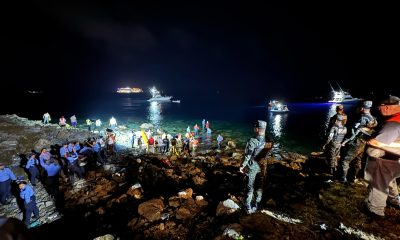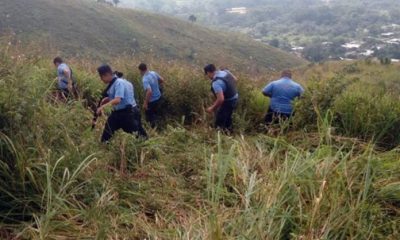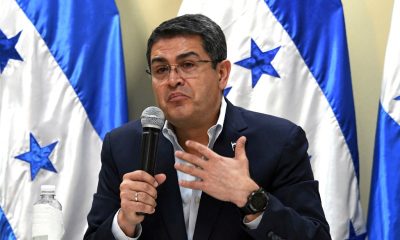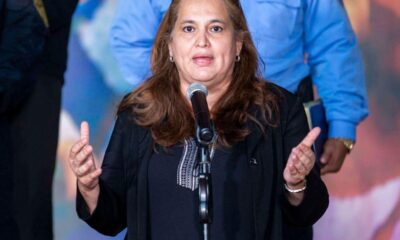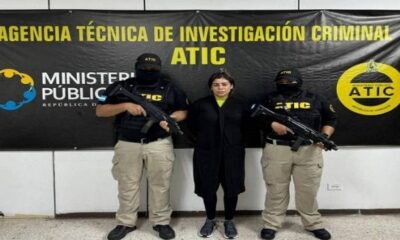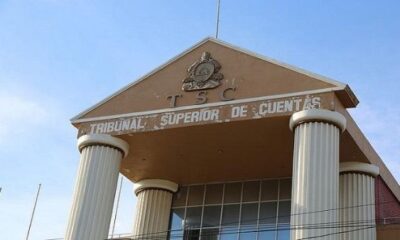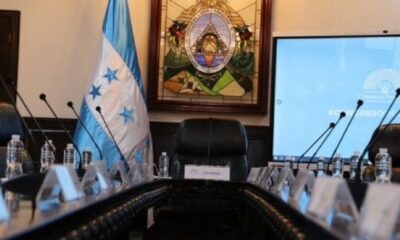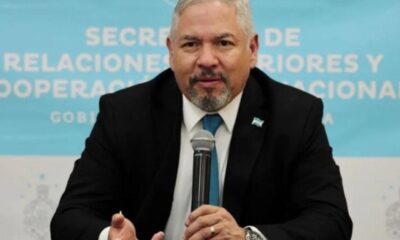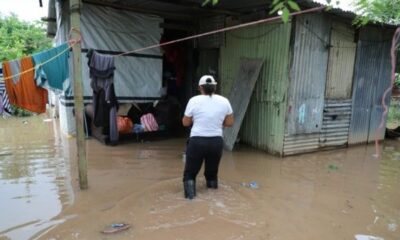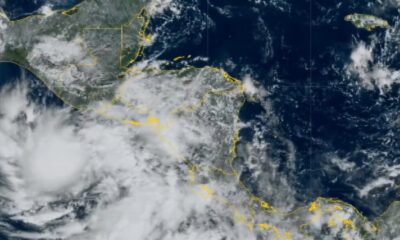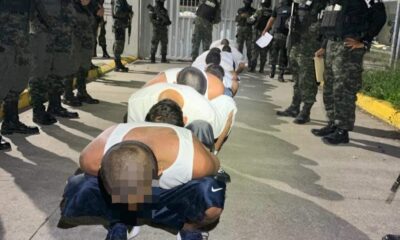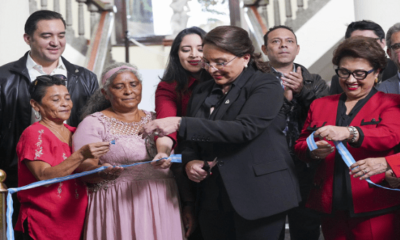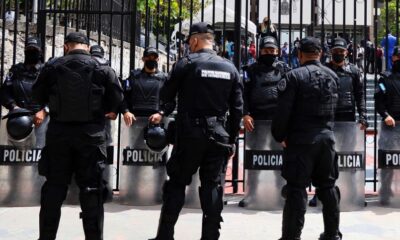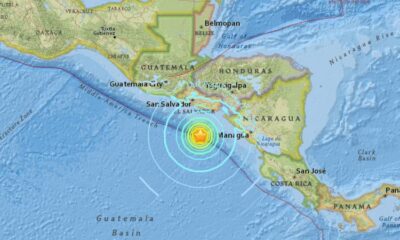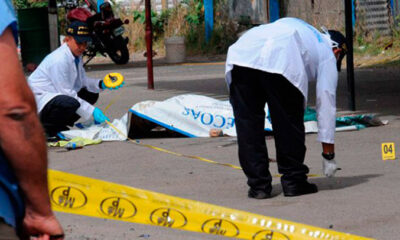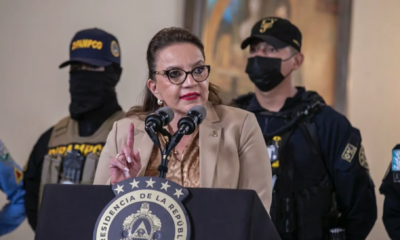Central America
Honduras arrests former military leaders over 2009 killings
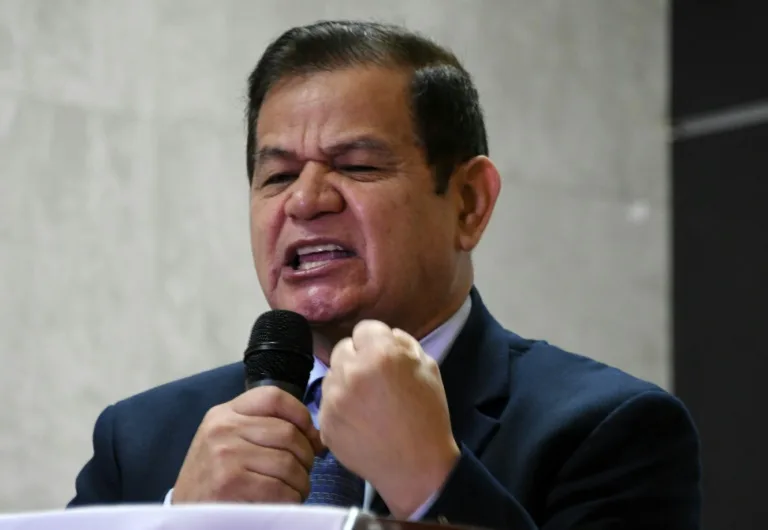
Former Chief of the Joint Chiefs of Staff of Honduras, General Romeo Vásquez, was arrested on Sunday as the alleged person responsible for the 2009 killings of two individuals by military personnel, just days after leading the coup against former President Manuel Zelaya.
Along with him, the Deputy Chief of the Joint Chiefs of Staff, Venancio Cervantes, and the former commander of the Joint Operations Command were also detained, according to the Secretary of State for Security (Interior), Gustavo Sánchez, on his social media account X.
“The three arrests were made moments ago by the Honduran Police in coordination with the Public Ministry in Tegucigalpa and La Paz (west),” Sánchez said.
The Public Prosecutor’s Office had issued an arrest warrant for the three ex-military officials “on charges of homicide and aggravated assault” against Obed Murillo and Alex Zavala, who were attacked by “members of the Armed Forces,” according to the Public Ministry.
Central America
Petro questions Ecuador’s vote, cites reports of military control and arrests
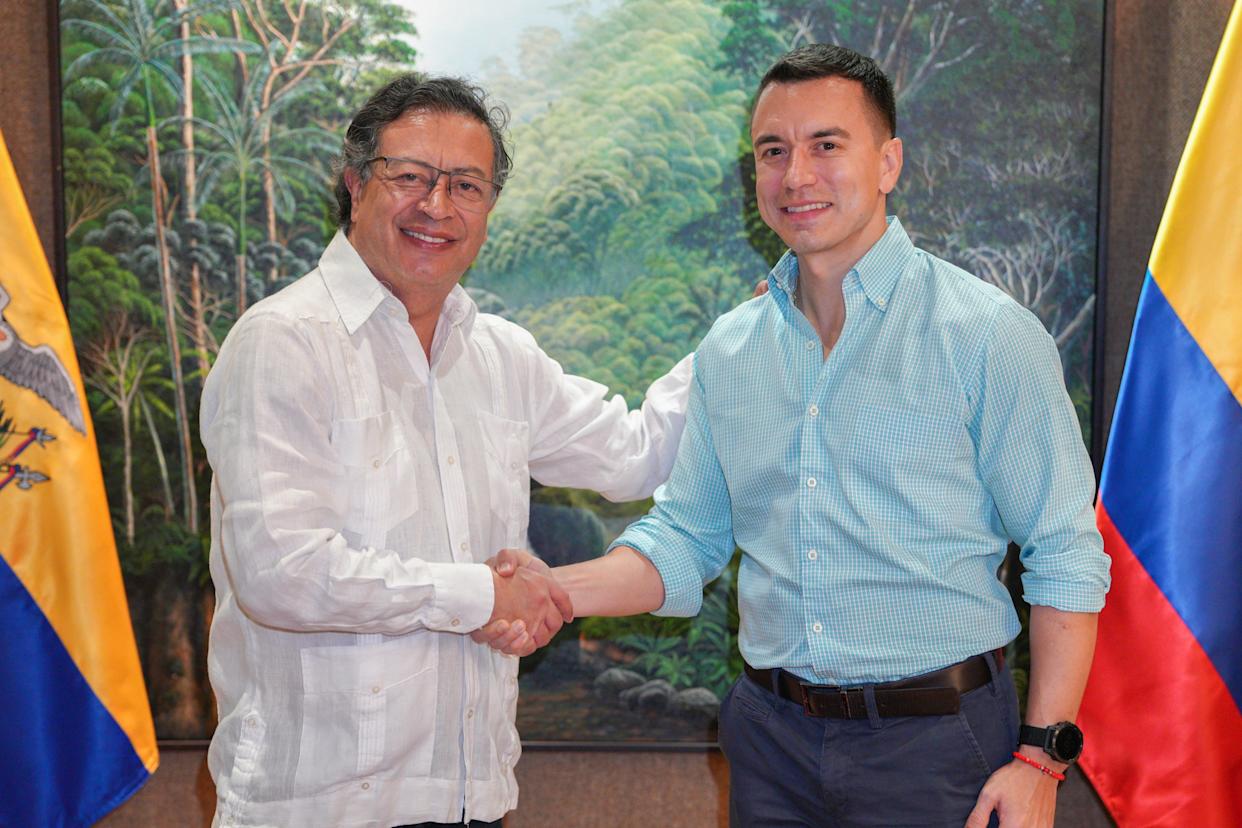
Colombian President Gustavo Petro said Tuesday he had received “concerning” reports regarding Ecuador’s presidential runoff election held last Sunday, and called for greater transparency—drawing a parallel with Venezuela.
“Colombian observers were sent to Ecuador’s elections. The reports I’ve received are troubling,” Petro wrote on his official account on X (formerly Twitter).
Ecuadorian President Daniel Noboa secured reelection in the second round with 55.6% of the vote, defeating correísta candidate Luisa González, who received 44.4%. The election results were endorsed by international electoral observer missions from the European Union and the Organization of American States (OAS).
Petro pointed to alleged irregularities, stating: “Leonidas Iza, an Indigenous former candidate, was detained days before. Areas with a majority of opposition support were placed under a state of emergency and military control two days before the election.”
Central America
Honduran Police Offer $135K for Tips Leading to the Arrest of Romeo Vásquez
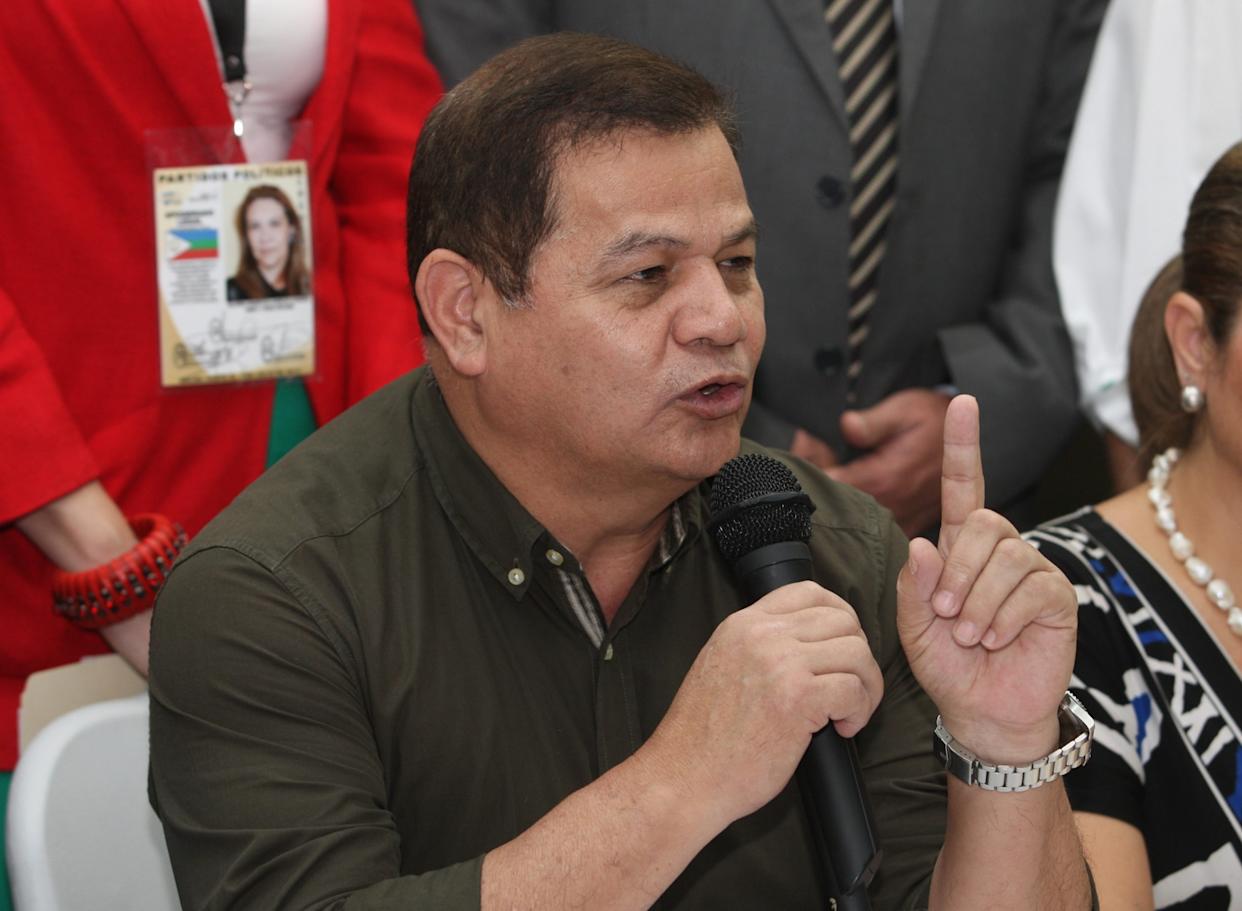
The Honduran Police on Monday raised the reward to 3.5 million lempiras (approximately 135,553 dollars) for information leading to the capture of Romeo Vásquez, the former head of the Joint Chiefs of Staff of the Armed Forces, who is accused of the 2009 murder of a young man during the 2009 coup against former President Manuel Zelaya.
Vásquez, a retired general, is listed among the top ten most wanted Hondurans for various crimes. Also on the list is Yulan Adonay Archaga, the leader of the Mara Salvatrucha (MS-13) gang, who escaped from a courthouse in El Progreso (northern Honduras) in 2020 and faces five murder charges.
For Archaga, the National Police has also raised the reward to the same amount set for Vásquez.
The Public Ministry (Prosecutor’s Office) accuses Vásquez, former Deputy Chief of the Armed Forces Venancio Cervantes, and former commander of the Special Operations Command Carlos Roberto Puerto, both generals, of the murder of young Isis Obed Murillo and the attempted murder of Alex Roberto Zavala, both of whom were supporters of Zelaya.
Central America
Spanish Ex-Congresswoman Calls for ‘Bukele-Style’ Security Policies in Europe
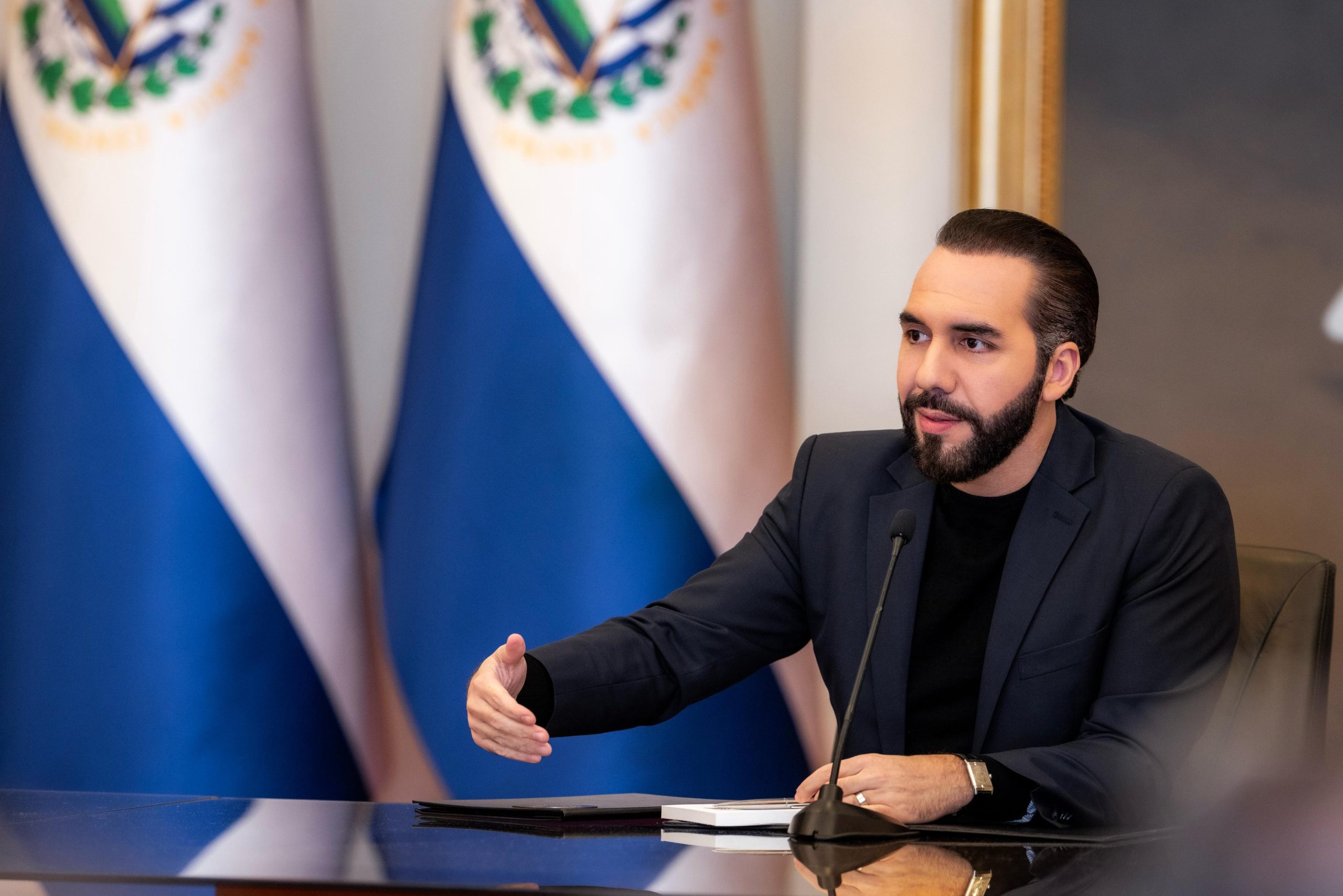
Spanish lawyer and former congresswoman Macarena Olona believes that Europe’s decline in public safety can be reversed by adopting anti-gang policies similar to those implemented by Salvadoran President Nayib Bukele.
“Historic. The U.S. State Department has given El Salvador its highest travel rating, Level 1. Spain is at Level 2, considered a higher risk to travelers’ safety. Europe will only stop its decline by following models that have proven effective: Bukele’s security model,” Olona posted on social media.
Spanish newspaper Marca echoed Olona’s remarks, highlighting in an online article that “the arrival of Nayib Bukele to the presidency of El Salvador in 2019 changed the country forever.” That year, the president unveiled his anti-gang strategy.
“Thanks to the Territorial Control Plan, Bukele’s government arrested over 84,000 suspected gang members, driving violence in the country down to record lows,” Marca added.
Three years later, in response to a spike in homicides in March 2022, Bukele’s administration invoked a constitutional state of emergency to intensify the crackdown on criminal groups. The government also built the Terrorism Confinement Center, a high-security prison to hold thousands of inmates.
-
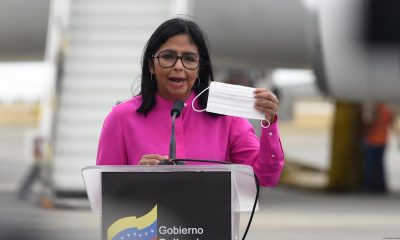
 International3 days ago
International3 days agoVenezuela accuses Guyana of “warlike intentions” after UK defense deal
-
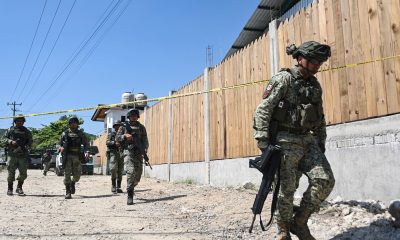
 International4 days ago
International4 days agoTrump Authorizes Military to Take Control of Federal Land Along U.S.-Mexico Border
-

 Central America4 days ago
Central America4 days agoSpanish Ex-Congresswoman Calls for ‘Bukele-Style’ Security Policies in Europe
-

 International3 days ago
International3 days agoNightclub Collapse in Dominican Republic Claims 226 Lives
-

 Central America1 day ago
Central America1 day agoHonduran Police Offer $135K for Tips Leading to the Arrest of Romeo Vásquez
-

 International1 day ago
International1 day agoMaduro Plans Major Workers’ March on May 1st to Defend Venezuela’s Freedom
-

 Central America14 hours ago
Central America14 hours agoPetro questions Ecuador’s vote, cites reports of military control and arrests
-

 International1 day ago
International1 day agoMPV Denounces Electoral Blockade as Secretary-General is Disqualified for May Elections
-

 International14 hours ago
International14 hours agoColombia: Search continues for missing limb of italian scientist found dismembered







